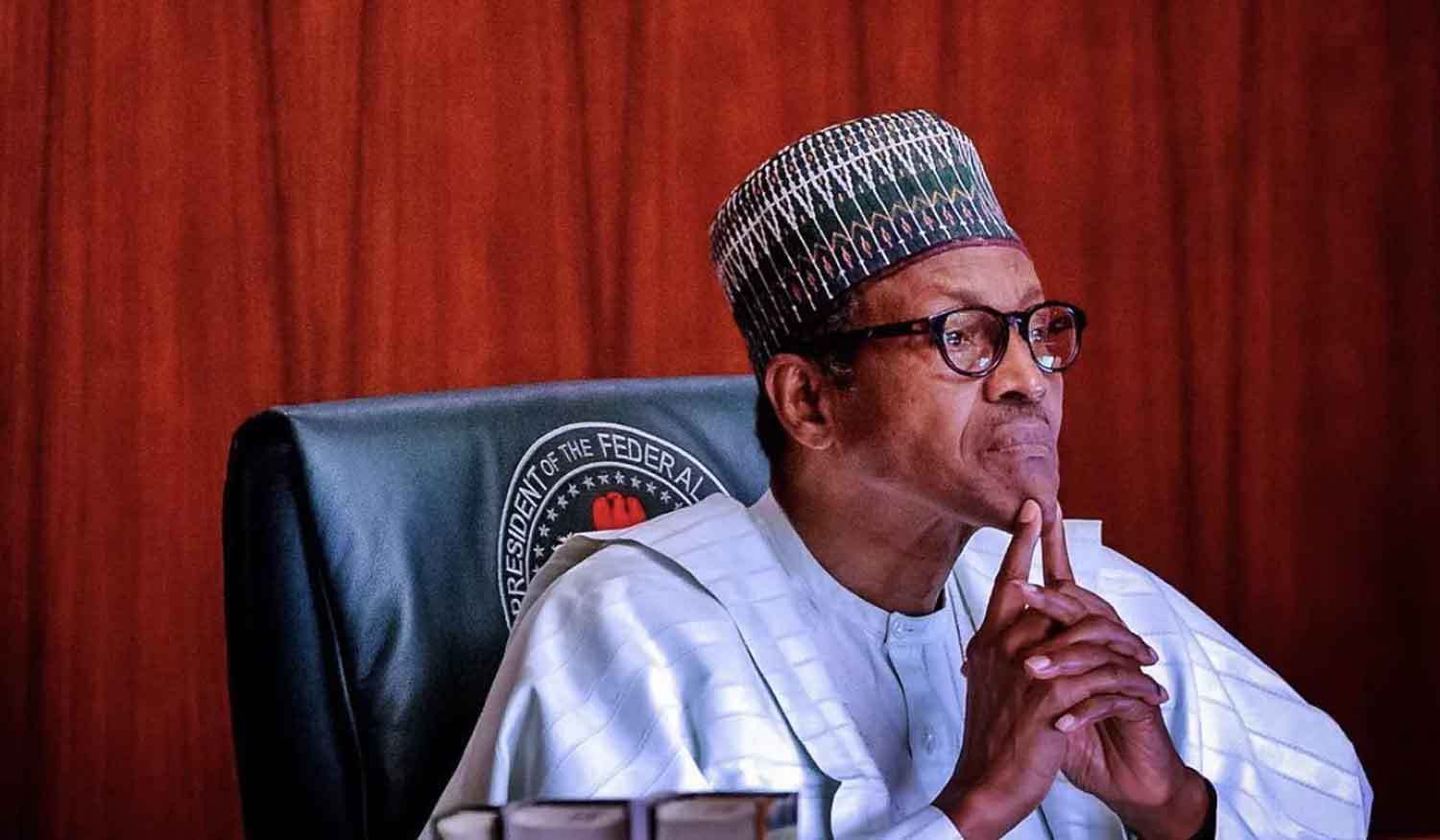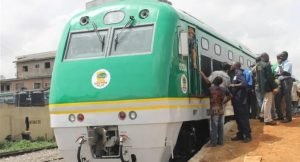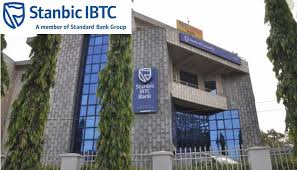
By Habibat Aliu
The Lagos State Commissioner for Economic Development and Budget, Sam Egube, has said delays in getting federal approvals and negotiations have been the reason for the longer duration in executing state infrastructural projects.
He stated this while fielding questions from journalists at the National Workshop of the Association of Business Editors in Nigeria (ABEN) with the theme: “Infrastructure Financing as Pathway to Economic Development.”
He said the delay in getting federal approvals is responsible for the prolonged implementation of over 20 years infrastructure master plan of Lagos State, such as the red and blue line as well as different roads construction.
“Developing infrastructure is tied to revenue sources. Some of these transactions require federal approvals and some of those approvals don’t come early. One of the challenges we had with the red line was federal approvals. Without the approval it would have been impossible to do the red line now. Getting federal approval and cooperation will save just over N300 billion on the red line.
“It took Lagos State quite a while to begin the rail transaction. The blue rail line was also affected by the federal challenge. That was not the original cost that the blue line would have cost the government. Negotiations also take time. Once you finish negotiation with a particular government, another government comes in and you start afresh,”
Egube said the infrastructure gap is enormous as it is directly connected with development and affects productivity and competitiveness, which drives growth, adding that the burden to fill the gaps rest on the federal, state and local governments.
He said the federal government has done quite a lot to ensure there is funding for infrastructure as it helps productivity, people and Micro Small and Medium Enterprises (MSMEs).
According to him, infrastructure development speaks a lot about a nation, adding that the way the masses communicate about the country’s infrastructure, country and institutions have a lot to play in the way finances are obtained.
The Chairman of the occasion, Dr. Waheed Olagunju, said the commitment of every Nigerian to the development of the country is critical.
Olagunju said to fix Nigeria’s infrastructure gaps, the country will need more than $80 billion yearly over the next three years.
“Infrastructure is the pathway to development. In the National Development Plan 2021-2025 transport, as part of infrastructure, accounts for 15 per cent (N52 trillion), which speaks of the importance of transportation that includes, road, rail, aviation and maritime.
“With a country of this size, if we develop these transport areas, it will develop our economy because infrastructure catalyses development,” he said.
According to him, infrastructure development needs both private and public sector investment, as their expected contribution to the NDP is 85 per cent, adding that the return on investment in the country is phenomenal.
“The more private investment we have, the better for the country. There cannot be infrastructure without governance – local, state and federal. The law must be right; this is how investors will have confidence in the country.,” he said.
The General Manager, Branding and Communications, Dangote Group, Okey Nwankwo, said infrastructure is critical for a thriving economy, adding that the Group is doing a lot in infrastructural development, which is key to the economic development of the country.
He said the company has transformed roads, especially the port access roads from its dilapidated state to make it motorable, as the port is the major revenue earner for the country.
Nwankwo noted that if the government can begin to build roads with concrete, it will boost the economy, ensure more building materials are bought from companies to increase their revenue and in turn boost the economy of the country.
The General Manager, Sundry Foods Limited, Jubril Shoaga, said businesses, especially the hospitality industry are facing challenges limiting their growth, despite their huge contribution to the country.
He said the country cannot survive with double taxation on businesses, while appealing to the government to remove the bottlenecks to enable businesses to thrive to boost the nation’s economy.
Speaking earlier, the Chairman, ABEN, Omoh Gabriel, said infrastructure is basic for any country’s development, noting that if the right infrastructure is put in place, things will work out well in the country.
He called for more collaboration between the private and public sector to move the country forward by proffering solutions to the myriad of problems facing the country.






